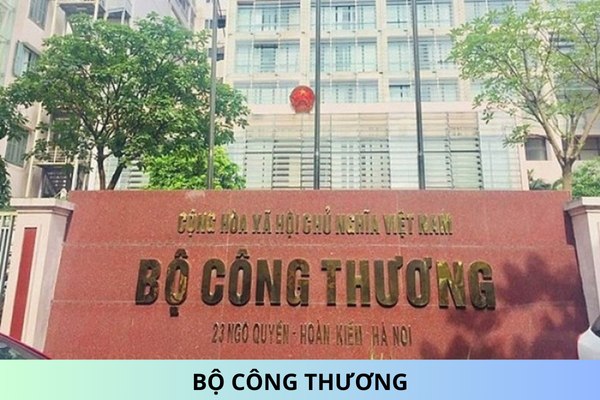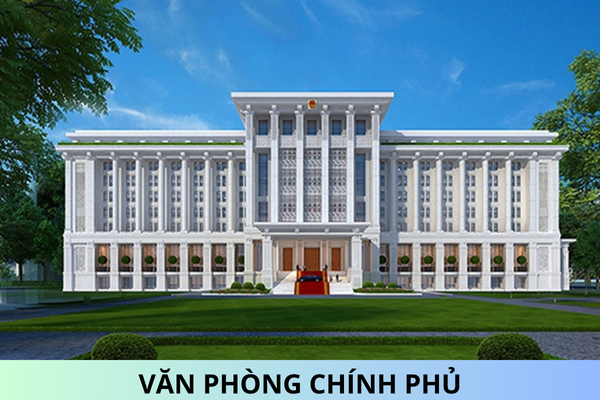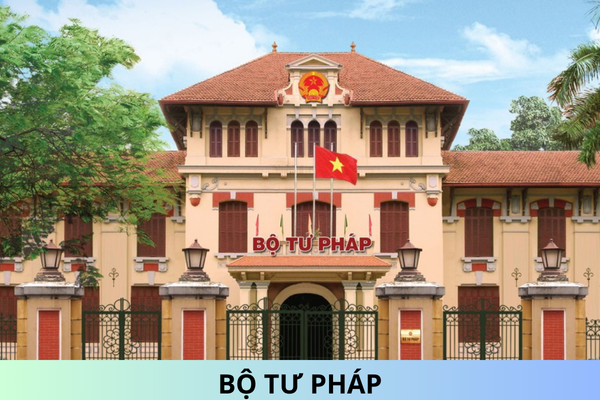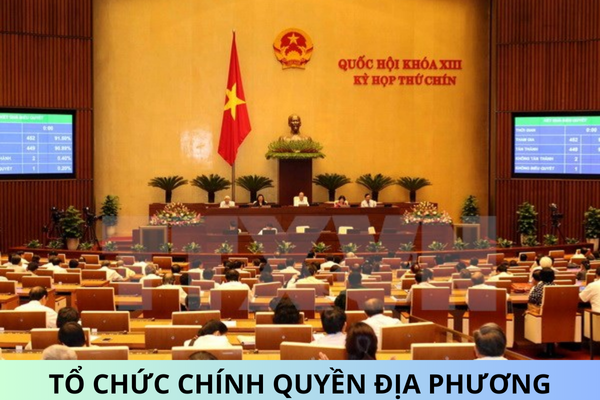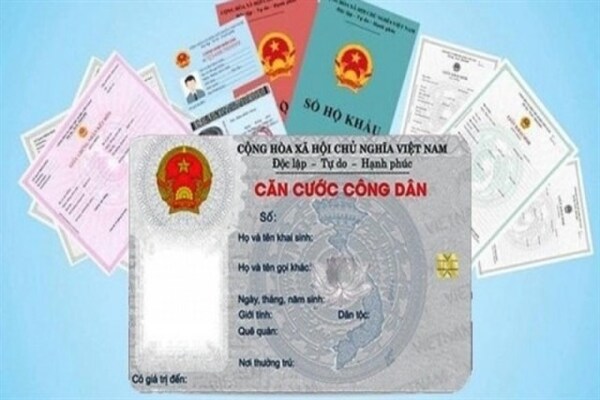What are uses of ID cards in Vietnam? Can ID cards in Vietnam be used instead of entry and exit documents?
What are uses of ID cards in Vietnam? Can ID cards in Vietnam be used instead of entry and exit documents? - Mr. Phuoc (Binh Thuan)
What are uses of ID cards in Vietnam?
Pursuant to Article 20 of the Law on Identification in 2023 stipulating uses of ID cards:
- An ID card is used to prove identification and other information integrated into the card of a card holder for performance of administrative procedures, public services, transactions and other activities in the Vietnamese territory.
- ID cards may be used instead of entry and exit documents in case Vietnam and a foreign country have signed a treaty or international agreement permitting citizens of the signatories to use their ID cards instead of entry and exit documents in each other’s territory.
- Agencies, organizations and individuals use ID cards to inspect information of card holders on the national population database, the national database and the specialized database according to regulations of law.
- In case a card holder must present his/her ID card at the request of the competent agency, organization or individual, such agency/organization/individual must not request the card holder to present another document or provide information printed and integrated into the ID card; in case of any change to information on the ID card, the card holder must provide other legal documents proving the changed information.
- The State shall protect legitimate rights and interests of holders of ID cards.
What are uses of ID cards in Vietnam? Can ID cards in Vietnam be used instead of entry and exit documents? - image from internet
Can ID cards in Vietnam be used instead of entry and exit documents?
Pursuant to Article 20 of the Law on Identification in 2023 stipulating uses of ID cards:
Uses of ID cards
1. An ID card is used to prove identification and other information integrated into the card of a card holder for performance of administrative procedures, public services, transactions and other activities in the Vietnamese territory.
2. ID cards may be used instead of entry and exit documents in case Vietnam and a foreign country have signed a treaty or international agreement permitting citizens of the signatories to use their ID cards instead of entry and exit documents in each other’s territory.
3. Agencies, organizations and individuals use ID cards or personal identification numbers to inspect information of card holders on the national population database, the national database and the specialized database according to regulations of law.
...
As regulations above, ID cards in Vietnam can be used instead of entry and exit documents.
However, ID cards may only be used instead of entry and exit documents in case Vietnam and a foreign country have signed a treaty or international agreement permitting citizens of the signatories to use their ID cards instead of entry and exit documents in each other’s territory.
What information is encrypted and stored in the storage place on an ID card in Vietnam?
Pursuant to Clause 1 Article 18 of the Law on Identification in 2023 stipulating contents stated in ID cards:
Contents stated in ID cards
...
3. Information encrypted and stored in the storage place on an ID card includes a portrait photo, fingerprints, iris of a citizen and pieces of information specified in Clause 1 through Clause 18 Article 9, Clause 2 Article 15 and Clause 2 Article 22 of this Law.
...
As regulations above, iinformation encrypted and stored in the storage place on an ID card includes:
- A portrait photo
- Fingerprints, iris of a citizen
- Family name, middle name and first name.
- Other names.
- Personal identification number.
- Date of birth.
- Gender.
- Place of birth.
- Place of birth registration.
- Place of origin.
- Ethnic group.
- Religion.
- Nationality.
- Blood group.
- 9-digit ID card.
- Date and place of issuance, date of expiry of the ID card, the citizen ID card, or the 12-digit ID card which has been issued.
- Family name, middle name and first name, personal identification number, 09-digit ID card number, nationality of parents, spouses, children, legal representative(s) and the represented person.
- Place of permanent residence.
- Place of temporary residence.
- Current place of residence
- Identity information.
- Information integrated into an ID card of a citizen consists of
+ Information of his/her health insurance card
+ Social insurance book
+ Driver's license
+ Birth certificate
+ Marriage certificate
+ Another document decided by the Prime Minister, except for information on documents issued by the Ministry of National Defense.
Note: the Law on Identification in 2023 takes effect on 01/7/2024.
Best regards!


